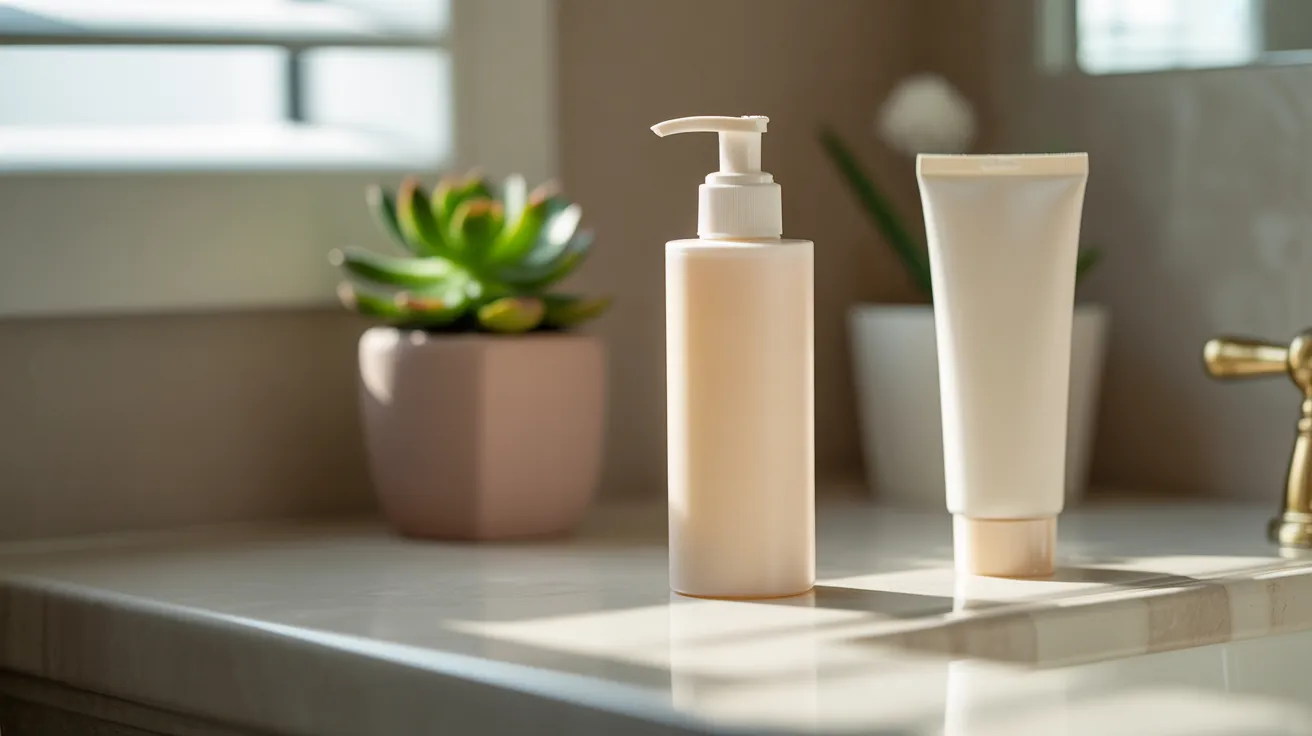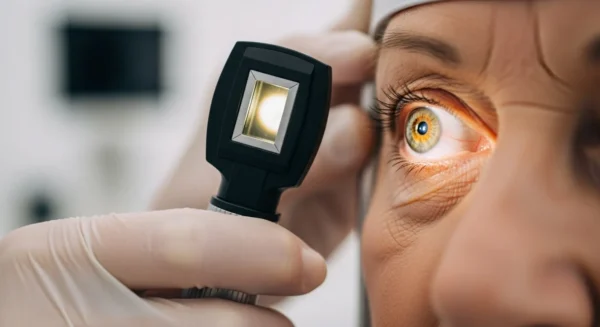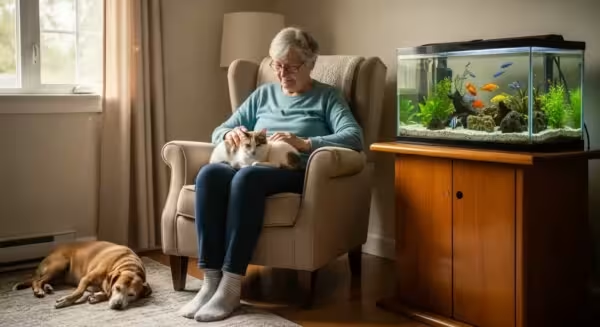
Understanding the Health Benefits (and Any Risks) of a Senior Skin Care Routine
Adopting a dedicated skin care routine in your senior years offers significant health benefits that go far beyond appearance. Our skin becomes thinner, produces less natural oil, and repairs itself more slowly as we age. A thoughtful routine directly addresses these changes, promoting both physical health and emotional well-being.
The Health Benefits of Nurturing Your Skin
1. Enhanced Protective Barrier: Your skin, or epidermis, is a crucial barrier against bacteria, viruses, and other pathogens. As we get older, this barrier can weaken. Regular moisturizing helps to reinforce it, keeping it supple and intact. A strong skin barrier can reduce the risk of skin infections, which can sometimes be more serious for older adults. Authoritative health information from the National Institute on Aging (NIA) emphasizes that dry, cracked skin can be a portal for germs.
2. Prevention of Discomfort: Dryness is one of the most common skin complaints among seniors. It can lead to persistent itching (pruritus), which can be intensely uncomfortable and even disrupt sleep. A simple routine of gentle cleansing and consistent moisturizing can alleviate this dryness, preventing cracking, flaking, and the frustrating cycle of itching and scratching.
3. Early Detection of Health Issues: When you pay regular attention to your skin, you are more likely to notice changes. This includes new moles, sores that don’t heal, or unusual spots. Early detection is absolutely critical for successfully treating skin cancers like melanoma. Your daily senior beauty routines become a form of self-monitoring that empowers you to seek medical advice promptly.
4. Improved Circulation and Healing: Gently massaging moisturizer into your skin can help stimulate blood flow to the surface. Improved circulation brings more oxygen and nutrients to the skin cells, which can support the body’s natural repair processes. For minor scrapes or bruises, healthy, well-nourished skin may heal more efficiently.
5. Boosted Emotional Well-Being: The simple act of a daily self-care ritual can be calming and grounding. Taking a few minutes each day to care for yourself can reduce stress and improve your mood. When your skin feels comfortable and looks healthy, it can also provide a significant boost to your self-esteem and confidence. For more on the connection between physical and mental health, you can consult the National Institute of Mental Health (NIMH).
Potential Risks and How to Avoid Them
While a gentle skin care routine is overwhelmingly safe, it’s important to be aware of a few potential risks:
Allergic Reactions or Irritation: Mature skin can be more sensitive. Introducing new products, especially those with strong fragrances, dyes, or complex chemical ingredients, can sometimes cause redness, itching, or a rash (contact dermatitis). Always patch-test a new product by applying a small amount to your inner arm and waiting 24-48 hours to see if a reaction occurs.
Over-Exfoliation: The desire for “glowing” skin can lead some to use harsh scrubs or chemical exfoliants too often. For senior skin, this can be damaging, stripping away its natural oils and weakening the protective barrier. It is best to avoid abrasive scrubs and consult a dermatologist before using products with acids like glycolic acid.
Sunscreen Misuse: While sunscreen is a cornerstone of healthy skin, relying on it alone can provide a false sense of security. It’s crucial to also seek shade, wear protective clothing, and avoid peak sun hours. Furthermore, some individuals may be sensitive to chemical sunscreens; in these cases, mineral-based sunscreens (with zinc oxide or titanium dioxide) are an excellent, gentle alternative.
Ignoring a Serious Condition: One of the biggest risks is mistaking a serious medical issue, like a cancerous growth, for a simple age spot or blemish. Never assume. If a spot is new, changing, or just seems “off,” it is always best to have it checked by a professional.
—















